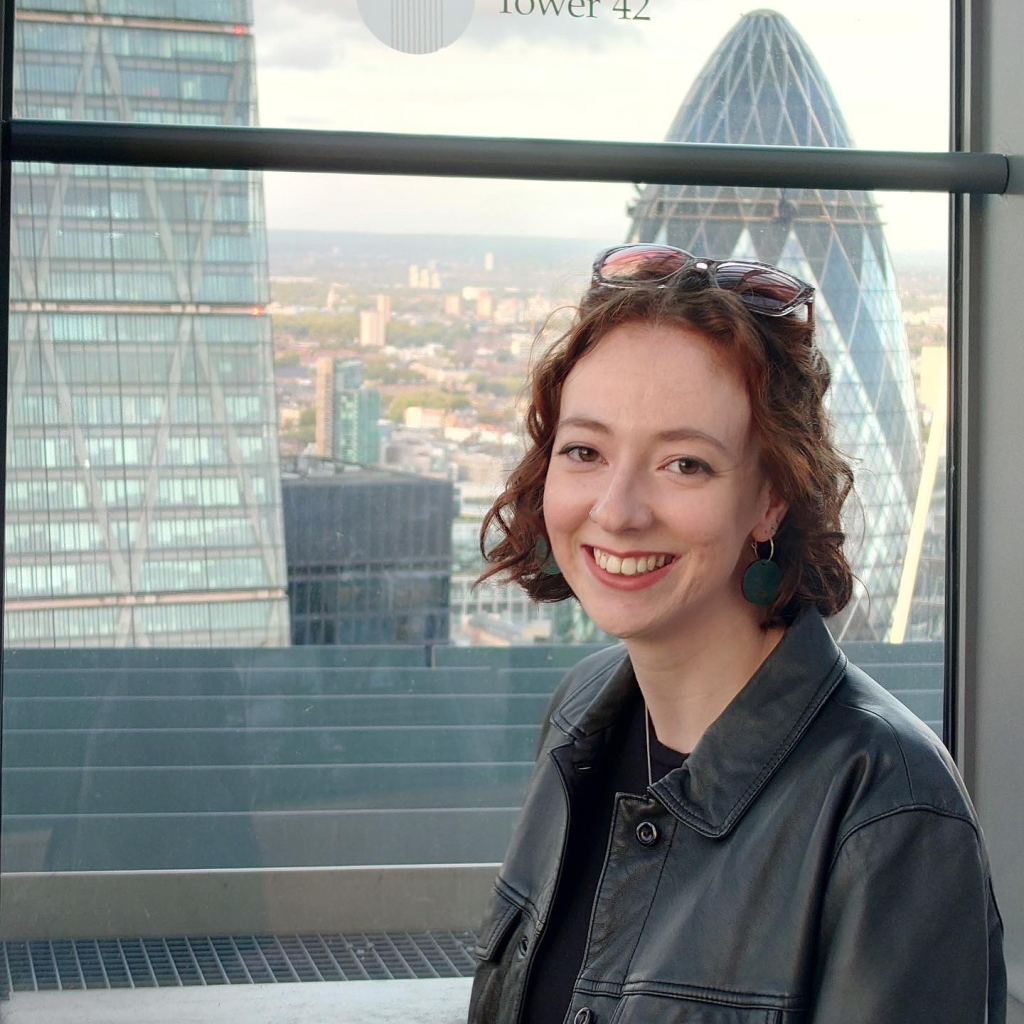Celebrating Disability History Month

“It’s about connecting students with other people going through the same thing and having a sense of community.”
Alongside her PhD with the Department of Bioengineering, Meg is the Imperial College Union Disabilities Officer.
Navigating student life
Now in the third year of her PhD, Meg is developing a medical device to prevent pressure ulcers.
It was in her first year of her PhD that Meg was diagnosed with autism, and she completed her undergraduate degree at Imperial with minimal adjustments.
“It wasn’t until I started my PhD and suddenly all the structure that I needed, that I’d always had all the way through school, was gone. I was supposed to just know what I was doing by myself, and I did not cope with that straight away.”
Meg went through the Disability Advisory Service to get her diagnosis.
“Since I’ve had that diagnosis, I feel a lot more affirmed in myself. I can understand myself a lot better and for the first time I feel like I’m working with my brain instead of against it.”
Representing the student voice
Meg is the student representative for anyone experiencing a disability while at Imperial, including physical disability, hidden disabilities, chronic illness, neurodiversity and long-term mental health conditions.
“It’s about connecting students with other people going through the same thing and having a sense of community, so you don’t feel like you’re the only one trying to get through this. This also includes students who don’t have a formal diagnosis yet.”
In her role Meg is keen to improve information on adjustments available for postgraduate students, particularly those in a research degree and is working on this with the Early Career Researchers Institute.
“I do need adjustments in a lab setting. I need to be allowed to wear my earplugs because of loud machines, but I didn’t know this was an option until I had my adjustment meeting.”
Meg has also been awarded some budget from the EDI Seed Fund for a campaign called ‘Things I wish you knew’. Launching during Disability History Month, the campaign will feature student stories of their experience living with a disability.
“I want to ask people what is the one thing you wish you could tell people about your disability? For example, one of mine would be: I wish you knew that I’m not looking at you, but I’m still engaged in our conversation.”
Highlighting disability in the workplace
Meg stresses the importance of Disability History Month in highlighting the struggles of disabled people, particularly in light of this year’s theme of employability and livelihood.
“There is a disability employment gap. It’s important to be aware of what it’s like to experience disability in a workplace and that we are working with people with hidden disabilities every day.”
She praises the work of the Careers Service who have run sessions for students on how to ask for adjustments in interview processes and how to tell your employer that you have a disability.
“I’m working with the Careers Service to run an event next year connecting students with alumni who have experience of being in the workforce with a disability.”